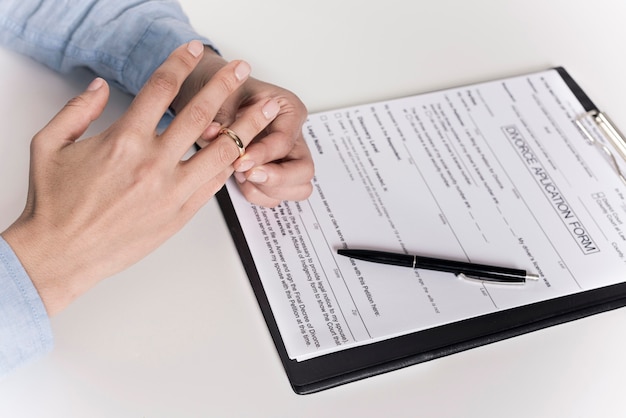
A credit report is like a snapshot of your financial life. It keeps track of how you’ve managed credit in the past and where you stand with your current credit accounts, including your payment history and other activities. But the big question is: how often do you check your credit report?
Most people have more than one credit report, as there are several major credit bureaus that collect your financial information, often passed along by lenders, credit card companies, or debt collectors.
### Why Your Credit Report Matters
Your credit report plays a significant role in lending decisions. Lenders use it to decide whether to approve your applications for loans or credit cards and what interest rates or terms to offer. But these reports aren’t just for lenders. Employers, landlords, and even utility companies might review them as well. The details in your report can shape various aspects of your life—like where you live, your job opportunities, and how much you’ll pay in interest on borrowed funds. Unfortunately, even though credit reports are freely available, many people go years without checking theirs.
### Benefits of Reviewing Your Credit Report
#### 1. Ensuring Accurate Information
By regularly checking your credit report, you can confirm that all your personal details and credit account information are correct. If something seems off—like incorrect account data or errors—you can reach out to the credit reporting company to address it quickly. Should you notice any signs of potential fraud, like unfamiliar accounts or transactions, it’s important to notify the credit bureau immediately.
#### 2. Spotting and Fixing Errors
Mistakes can happen. For example, a lender might incorrectly mark a payment as late, which could damage your credit score, especially if you’re just starting to build credit. Reviewing your report gives you the chance to catch and dispute inaccuracies with the lender or credit bureau.
#### 3. Prepping for Big Financial Decisions
If you’re planning to apply for a loan, such as for a house or car, reviewing your credit report in advance can help. It allows you to assess whether your credit is in good shape or if you need to improve it before applying.
#### 4. Keeping Tabs on Your Finances
Your credit report offers a good overview of your financial habits, specifically how well you’re managing debt. While it doesn’t show how much money you have saved or your investments, it’s a useful tool for staying on top of your financial health.
#### 5. It’s Free and Accessible
The three major credit bureaus—Equifax, Experian, and TransUnion—let you request a free credit report once a year. Reviewing your report at least annually is a smart move, even if you don’t plan on borrowing anytime soon. Fixing errors or addressing fraudulent activities can take time, so it’s better to get ahead of any issues.
### How to Get Your Free Credit Report
The official site for free annual credit reports is annualcreditreport.com. Through this platform, you can access reports from Equifax, Experian, and TransUnion either online (for instant viewing), by mail, or over the phone (which typically takes about 15 days).
For those interested in extra features—like credit monitoring or identity theft protection—paid services are also available. Just keep in mind that these may not cover all credit bureaus, so you might still need to request other reports for a full picture of your credit.
### Final Thoughts
Understanding your financial standing begins with taking control of your credit report. Use your right to free reports to make sure your financial profile is accurate and up to date.
Consistently checking your reports helps you catch errors and fraud early, maintaining a true reflection of your credit status. If your credit score isn’t where you want it to be, start working on improving it today—it’s never too late to make a positive change!